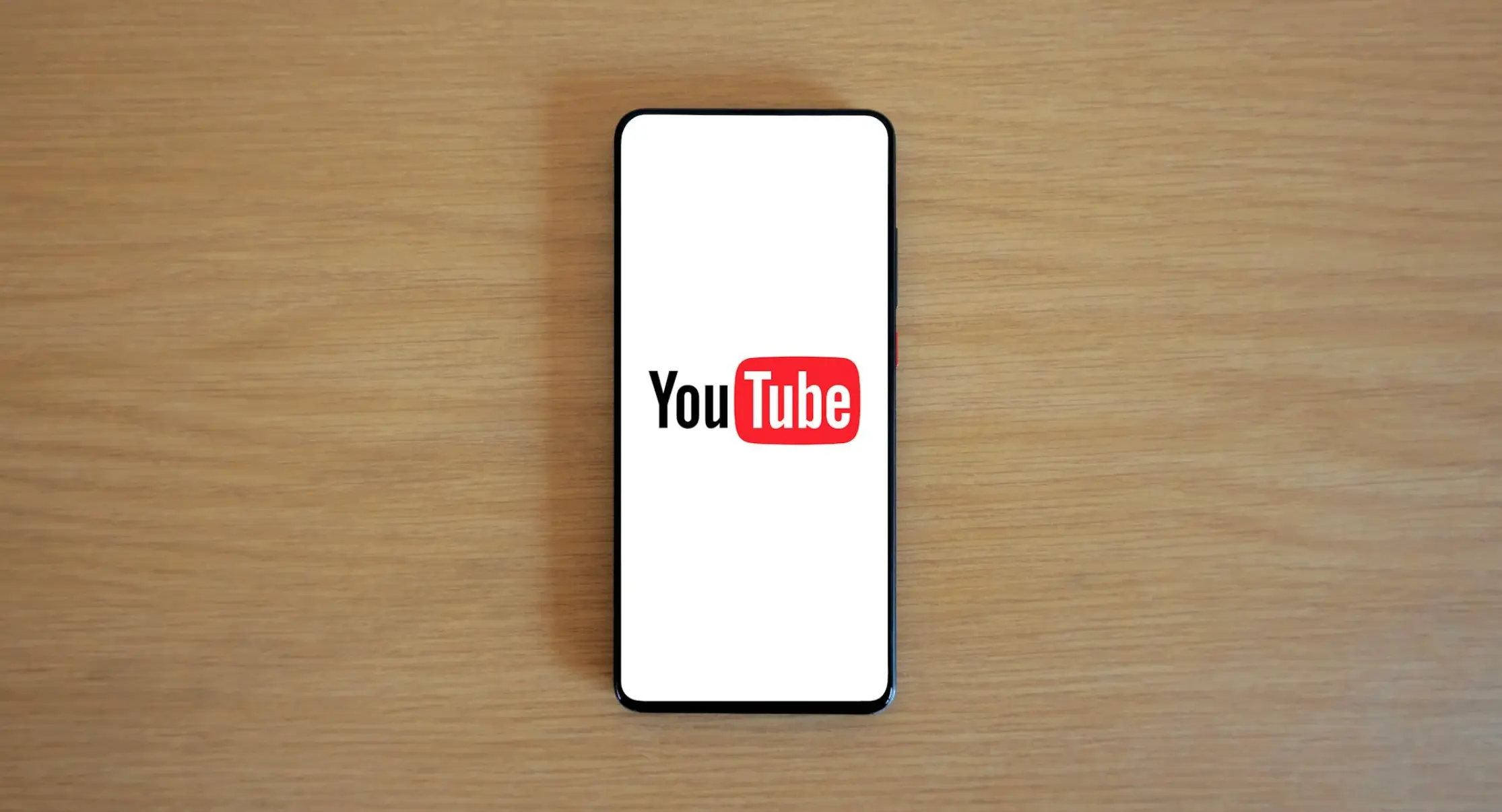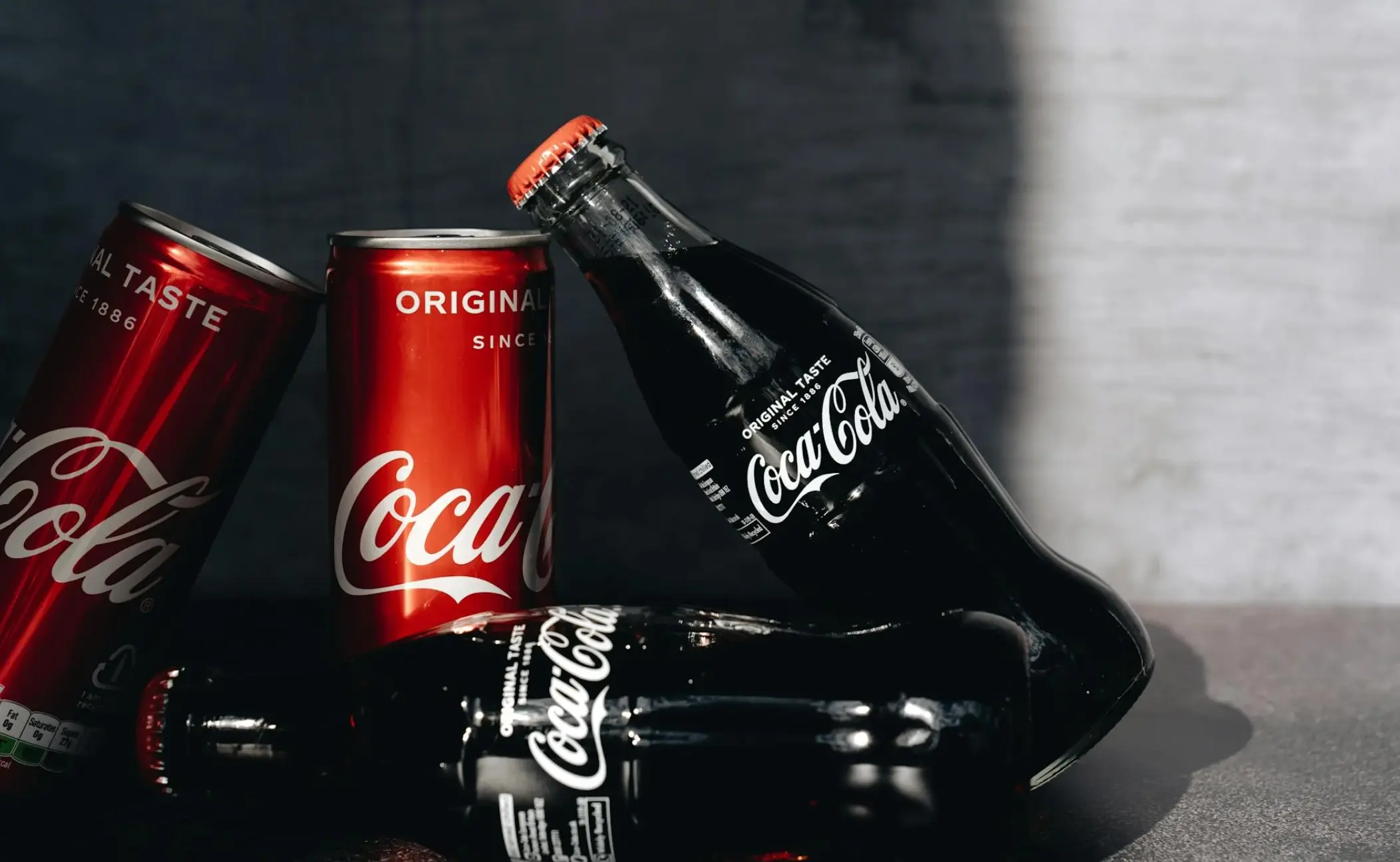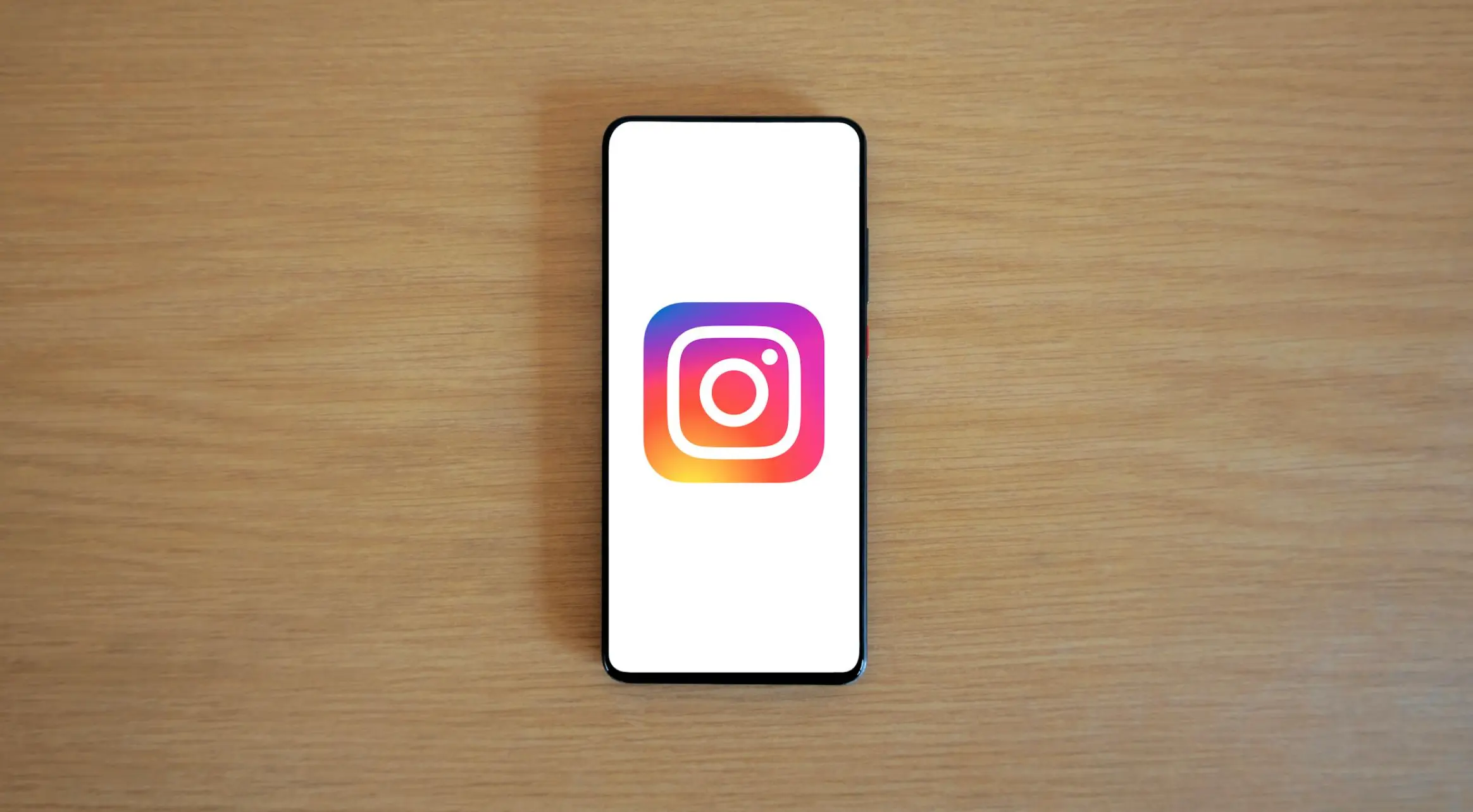Richard Branson’s Journey to Success and Entrepreneurship
Updated on
Published on

Richard Branson’s Risk-Taking Journey
Few entrepreneurs capture the public’s imagination quite like Richard Branson. He’s the figure behind the Virgin Group, revered for his unconventional strategies and fearless approach to business. But behind the headlines of balloon flights and airline launches lies a deeper story—one that starts with a dyslexic teenager dropping out of school, determined to make his mark on the world. Below, we’ll explore Branson’s early life, the struggles he faced as a budding entrepreneur, the risks that shaped his empire, and how those daring choices propelled Virgin to become an iconic global brand.
Early Life and Entrepreneurial Struggles
Childhood Dyslexia and School Challenges
Richard Branson was born in Surrey, England, in 1950. Even as a child, he grappled with dyslexia, making conventional schoolwork an uphill battle. Teachers labeled him as inattentive, and academics rarely came easy. Despite this, his parents encouraged him to channel his energy into creative pursuits, a stance that would shape his early experiments in business.
- Growing up dyslexic taught Branson to think outside the box, relying on intuition rather than standard academia.
- A supportive home environment provided him with the confidence to tackle tasks that mainstream schooling often didn’t accommodate.
First Ventures: Student Magazine
By age 16, Branson decided to leave school and launch a youth-focused magazine called Student. To fund it, he tirelessly sought advertisers, pitching local businesses on the chance to reach a teenage readership hungry for fresh perspectives. Student quickly grabbed attention, partly because it offered authentic youth voices rarely heard in mainstream publications.
- The success of Student validated Branson’s knack for making something out of nothing, proving that limited resources don’t have to limit ambition.
- Cold-calling and direct sales forced him to hone his negotiation skills—a vital trait for all his future undertakings.
Early Cash Flow Issues
Though Student showed promise, it also revealed Branson’s early struggles with money management. Balancing printing costs, distribution fees, and ad revenue taught him that business was a lot more complicated than just having a good idea. Yet every setback fueled a deeper determination to keep going.
- Frequent financial hiccups trained him to adapt quickly: if one advertising deal fell through, he’d hustle twice as hard to land another.
- His willingness to learn from mistakes instead of giving up became a hallmark of his later career.

Launching Virgin Records
Spotting Talent in Unlikely Places
Branson’s next big leap was Virgin Records, born from his passion for music. In 1972, Branson opened a recording studio in Oxfordshire, seizing the chance to sign unorthodox artists who struggled with traditional labels. His approach paid off when Mike Oldfield’s album Tubular Bells became a smash hit, catapulting Virgin Records into the spotlight.
- Embracing cutting-edge or controversial acts, reaffirmed Virgin’s edgy persona.
- Discovering hidden talent reinforced Branson’s belief that risk-taking often yields the greatest rewards.
Disrupting a Traditional Industry
At the time, the music business was heavily dominated by established labels favoring safe, commercial acts. By contrast, Virgin welcomed fresh sounds, courting up-and-coming musicians who appreciated a more adventurous partnership. This dynamic branding resonated with young audiences yearning for authenticity and rebellion.
- Virgin’s success in music exemplified Branson’s mold-breaking style, setting the stage for expansions well beyond records.
- The label’s edgy identity built intense fan loyalty, a precursor to how future Virgin ventures would also forge tight customer bonds.

Virgin Atlantic: Risking It All in Air Travel
From Music to Aviation
Branson’s shift to launching Virgin Atlantic in 1984 seemed audacious. Airlines required massive capital, heavy regulations, and intense competition—particularly from British Airways. Most industry insiders predicted that an “upstart” airline stood little chance against entrenched carriers. Still, Branson felt air travelers deserved an improved experience, from friendlier cabin crews to seat-back entertainment.
- Entering a high-stakes sector showcased Branson’s readiness to bet everything on his vision, even risking the stability of Virgin Records’ earlier success.
- Pioneering a “more fun” approach to flights—and adding creative touches like in-flight bars—helped Virgin Atlantic stand out.
Legal Battles and Conquering the Skies
Virgin Atlantic’s fight for survival involved a notorious legal dispute with British Airways, centering on alleged “dirty tricks” meant to undermine Branson’s operation. Ultimately, British Airways settled, paying damages that Branson reinvested in Virgin Atlantic’s growth. This episode spotlighted his fearless nature: he didn’t just want a slice of the airline industry—he aimed to redefine it.
- The settlement funds offered a timely capital boost, fueling expansions into transatlantic routes and improved service.
- The airline’s triumph proved that customer-centric enhancements—like better in-flight entertainment—can dismantle older competitors’ advantages.

Beyond Airlines: Virgin Group’s Grand Expansion
Diverse Ventures
Following Virgin Atlantic’s success, Virgin Group rapidly branched into mobile telecommunications (Virgin Mobile), rail services (Virgin Trains), financial services (Virgin Money), and even space tourism (Virgin Galactic). Branson’s brand spanned dozens of industries, each venture retaining that rebellious, customer-first edge.
- Virgin Mobile challenged established telecom providers with flexible contracts, appealing to younger audiences.
- Virgin Galactic sought to commercialize space travel, unafraid to tackle uncertain markets with enormous R&D costs.
Not Every Gamble Paid Off
Some expansions failed or drew minimal traction—like Virgin Cola or Virgin Bride. But Branson’s approach to failure was pragmatic: fold unsuccessful projects, learn the lessons, and move on. This agility allowed Virgin Group to avoid sinking too deeply into misadventures, preserving resources for more promising ideas.
- Willingness to drop losing bets reinforced Virgin’s image as bold yet pragmatic.
- Each stumble provided insights that refined Branson’s future expansions, making the brand more resilient.
Richard Branson’s Appearance on Shark Tank
Richard Branson further showcased his entrepreneurial insight when he appeared as a guest investor on the TV show Shark Tank (Season 9, Episode 1) in October 2017. Known for his adventurous spirit and readiness to take chances, Branson brought a fresh perspective to the panel, often encouraging contestants to think bigger and aim for global markets. While on the show, he famously had a good-natured clash with fellow Shark Mark Cuban over a disagreement, highlighting Branson’s fearless attitude and willingness to stand by his convictions—qualities that have defined his entire career.
- Despite being a guest shark only briefly, Branson’s cameo left a lasting impression on viewers and fellow investors.
- His emphasis on creative risk-taking and global thinking set him apart from the traditional approach of other Sharks.
Early Life Struggles Revisited
Overcoming Dyslexia in Adulthood
Even as Branson racked up business wins, reading challenges still demanded that he rely on mentors and staff to assist with certain tasks. This interdependency cultivated a sense of teamwork that pervaded the entire Virgin culture.
- Branson’s ongoing adaptation to dyslexia exemplified the brand’s philosophy of turning obstacles into creative solutions.
- Delegation and collaboration skills nurtured from his earliest days remain a crucial part of the Virgin corporate ethos.
Financial Hurdles and Tying It All Together
Part of the reason Branson’s story resonates is that it’s never been “smooth sailing.” Early financial shortfalls, tight budgets, and public controversies tested his resolve. Yet repeated survival and reinvention highlight how perseverance can pay off in dramatic ways.
- The brand’s longevity across multiple economic downturns underlines its flexible, entrepreneurial DNA.
- Branson’s habit of reinvesting profits into bold expansions kept the brand in headlines, fueling ongoing curiosity.

Wrapping It All Up
Richard Branson’s life story—from a dyslexic school dropout to the billionaire face of Virgin Group—showcases how daring leaps can transform entire industries. Rooted in creative marketing, customer-driven improvements, and a healthy tolerance for failure, Virgin stands as a symbol of what happens when entrepreneurial grit meets boundless ambition. While not every venture soared, the brand’s global stature proves that high-stakes risk-taking can yield remarkable returns.
In essence, Richard Branson’s risk-taking journey taught the world that success isn’t about playing it safe; it’s about jumping headfirst into challenges, learning from every misstep, and sparking consumer excitement through novel approaches. The Virgin Group’s iconic status proves that when a founder’s personality and a brand’s purpose align, you can truly redefine what’s possible in business.









